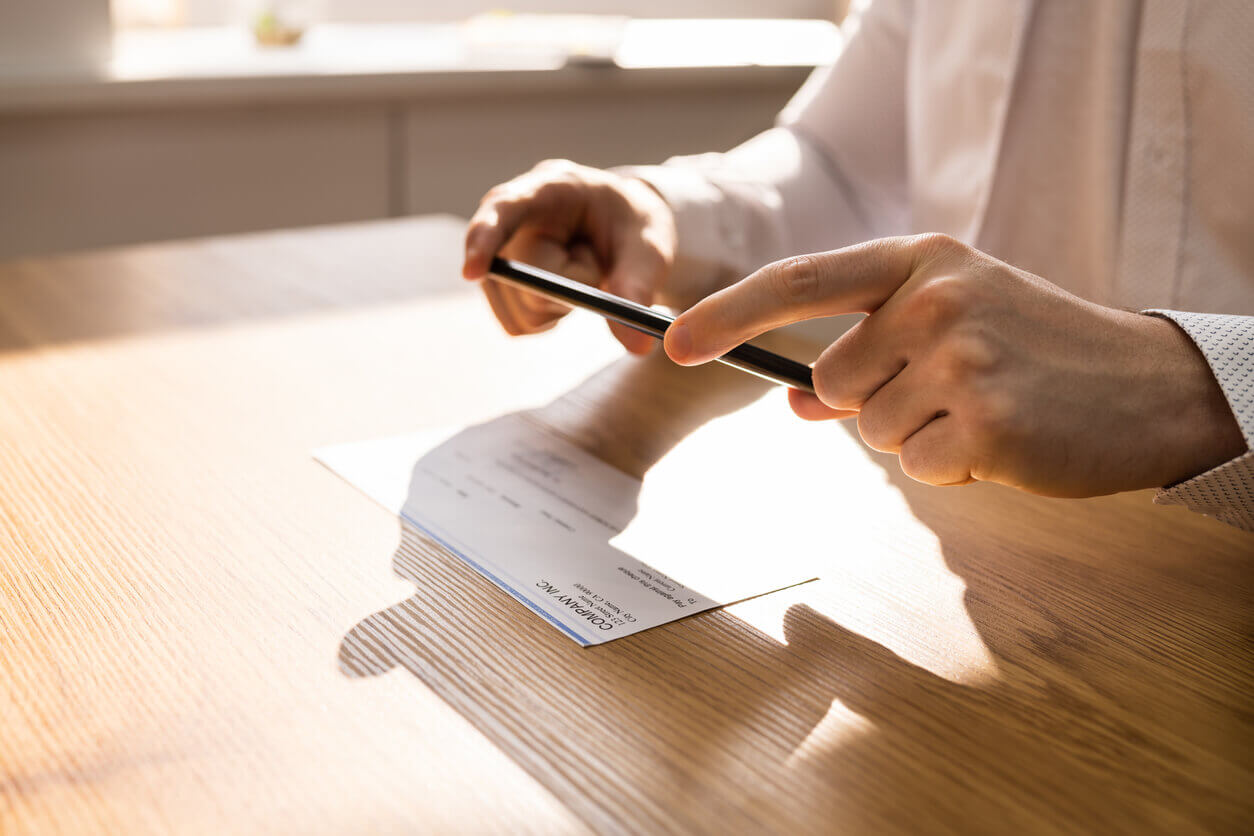There are many terms and often confusing words one might come across when buying a property. One of such terms is the holding deposit. It is incredibly complicated because of the financial weight of the decision to be taken; hence there is a need to understand the terms.
Now let's see why you must have a holding deposit, what it is for and when you're required to pay it. A holding deposit is one of those terms that aren't exactly self-explanatory, so what does it mean? How is it different from some other terms that sound alike, like security deposit and home deposit?
What is a holding deposit?
A holding deposit is a fee paid to an agent or landlord to reserve a space or property. Essentially it's some amount of money deposited by a renter to the landlord to reserve a space. Usually, when the landlord doesn't eventually rent the space out to the renter, he returns the deposit. In some cases, the fee is a percentage, usually 0.25% of the total purchasing price, but this isn't fixed and can be negotiated. This fee is different from other terms, e.g., a home deposit which, unlike a holding deposit, is non-refundable and is up to 10% of the purchasing price of the space. A home deposit is also different because it is paid after all the necessary agreements and contracts.
Jesse Lorenz, a strong voice in the real estate industry, lists some features that categorise a holding deposit;
- It is money paid to the landlord or their representative based on trust.
- It is paid before the signing of contracts.
- It is physical evidence of genuine interest.
- It can serve as security for the renter as the intended space can be preserved over a designated time.
- It is not contractual and hence is subject to a full refund if the deal is not eventually finalised.
What is a home deposit?
It's essential to know the differences between two terms (home deposit and holding deposit) because they can be confusing. A holding deposit is a refundable payment to stake a claim on a rent space. The home deposit is paying a small part of the total fee for the lease. Jesse Lorenz explains some essential details to note about home deposits;
- There are fixed prices for home deposits; it is usually 10%, but banks have recently begun to request 20%.
- It is payable only after finalising agreements and both parties have signed contracts.
- The amount paid is fixed because it is bound to a contract and delivered to the bank.
When to pay a holding deposit
The right time to pay your holding deposit is when you have reached an agreement with the landlord or agent regarding the selling price and before the contracts and other documents are drafted and signed.
After paying your holding deposit, what next?
All payments are accounted for, and the parties are bound to contracts with this done. After the contracts are exchanged, the home deposit is added to the holding deposit and calculated into the final purchasing price. That being said, there is also a term known as the cooling-off period. This time is a period designated by state law within which a buyer can request their holding deposit by submitting a written request to the landlord or agent. The length of this period differs from state to state in Australia, but they're generally all not more than five business days.
After this period, the contract is subsequently considered unbreakable.

